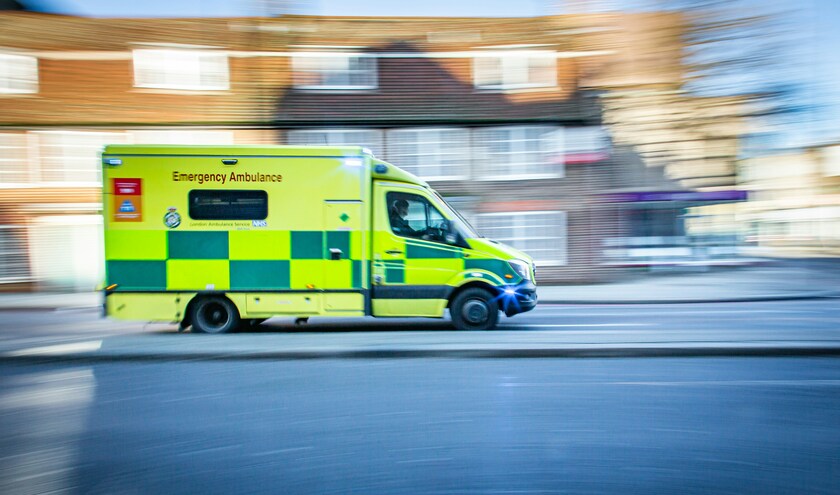The new measures, tabled today (11 June) as amendments to the government's landmark Crime and Policing Bill, will close an existing loophole in the Public Order Act 1986 that allows people to get away with racial and religious abuse towards police, fire and ambulance workers making house calls.
Currently, it is illegal to racially or religiously abuse anyone in public, but this does not extend to behaviour within a private home.
The gap was originally designed to ensure that the laws that allow police to keep public spaces free from serious disorder did not overstep into private conversations held in homes.
Under the change, offenders abusing emergency workers in any setting could face a maximum sentence of two years imprisonment.
Health and Social Care Secretary, Wes Streeting, said: ‘Our emergency workers carry out lifesaving work every day and deserve to feel safe from violence or intimidation.
‘Anyone who violates this core principle brings shame on themselves and will feel the full force of the law, wherever they are.
‘I will not stand any health worker being subjected to abuse and take a zero-tolerance approach, and these new measures will crack down on perpetrators.'



